
Use These Money-Saving Hacks to Become Better Prepared

Preparing for an emergency seems like such a basic thing to do. I often find myself wondering why many people don’t do it.
For a while there, people who prepared for an uncertain future were considered oddballs. They were called delusional and paranoid.
But the number of natural and manmade disasters has increased dramatically. And suddenly preparing seems like a good idea. In fact, it’s gone mainstream.
Not that long ago, the government wanted citizens to depend on it for everything. Now agencies such as FEMA are begging people to prepare. They realize the problems have become far too great for them to handle.
Prepping isn’t cheap
So, why don’t more people put themselves in a position where they can deal with big issues? Such as power outages and food shortages? Plus water contaminations and pandemics?
I believe the single biggest reason is money. Many people live paycheck to paycheck. Or social security check to social security check. They just don’t have enough extra cash to spend on what-if scenarios.
This is a shame. Because more often than not, “what-if’s” become “it’s happening now.” And then it’s too late.
Folks who believe they can’t afford to prepare don’t have enough survival food. Or back-up power. Or water purifiers. Or health products. They’re at the mercy of life’s circumstances. And that’s a scary place to be.
Preparation means peace of mind
Assuming one’s income does not go up, this presents a problem. The good news is there’s a simple solution. Not an easy solution, but a simple one.
The key is to figure out ways to spend less money. Because once you free up some cash, you can start putting some of it toward your preparations.
This will have a twofold effect on your life. One, you will have a stockpile of things you’ll need in an emergency.
Two, you will have the peace of mind that comes from knowing you’re prepared for whatever life throws at you.
5 food savings
So, let’s take a look at some ways to save money that you can use to become better prepared for an uncertain future. Keep in mind these are only a few of the hundreds of things you can do. But we have to start somewhere. Let’s begin with food.
- Eat before you go to the grocery store. It’s amazing how much more food we buy when we walk the aisles with an empty stomach.
- Buy plenty of groceries. Wait, I thought we wanted to save money. We do. This is a good way to do it because it will lead to eating in instead of eating out or ordering in. Just make sure to consume what you purchase.
- Use coupons and buy in bulk. Coupons will give you deals you can’t get elsewhere. Buying in bulk means purchasing more of the items you use often when there’s a significant sale.
- Look for daily deals. Websites such as dealnews.com and dailysteals.com offer prices you rarely see anywhere else on a variety of items. Just remember not to buy anything you wouldn’t have otherwise bought.
- Last but not least, grow your own food. A survival garden will provide you with all the vegetables you need for very little money. And your food will be more nutritious than what you get at the store.
5 energy savers
Let’s continue with energy usage. There is always money savings here.
- The older a house is, the more likely there will be drafty doors and windows. Seal up those areas to keep heat inside in the winter and cool air inside in the summer.
- Use cold water when washing clothes. It works just as well and costs less than heating your water.
- Keep your thermostat as low as comfortably possible when it’s cold out. And as high as comfortably possible when it’s hot out.
- Insulation can go a long way to reducing heat loss in the winter and cool air loss in the summer. Insulation in your walls and ceilings will help.
- Install a new showerhead. One that delivers 2.5 gallons per minute will save money over one that delivers more than seven.
5 miscellaneous strategies
Some money-saving tactics don’t fit nicely into any particular category. Here are a few of them.
- Have a garage or yard sale. Almost all of us have stuff we don’t use any more. It’s just taking up space. Why not trade it for cash and de-clutter at the same time?
- Stop using credit cards. Unless you are 100 percent consistent in paying them off each month, you’ll end up spending far more on an item than it’s worth if you buy it on credit.
- Turn a hobby into a money-making venture. There must be something you enjoy that you do better than most people. Look into selling your goods or services.
- Make your own laundry soap, dishwasher detergent and household cleaners. You’ll save money while using fewer harmful chemicals.
- Every day, put a dollar bill into a jar and don’t touch it until a year has passed. Now you have $365 you can use for emergency preparations.
Some things in life are free
Finally, what if you are unable to use any of those money-saving suggestions? What if you don’t have a penny left over to prepare?
There are a few things you can do. For one, every time you’re about to recycle an empty bottle of water or juice, fill it with tap water. Then place it in a cool location and rotate it out every few months. It’ll be there if a disaster cuts off your water supply.
Two, engage in regular exercise. We should be doing this anyway, but we rarely think of it as a survival tactic. But it is. The better physical shape we’re in when the stuff hits the fan, the better we’ll be able to deal with it.
Three, look on the Internet for free survival books and apps to download onto your phone or laptop. Then you’ll have the info you need in a crisis at your fingertips. Even if the power grid is down.
Four, check out freecycle.org. It’s a nonprofit movement of people giving (and getting) free stuff in their towns and neighborhoods. You might see something you want and it could be a way to get rid of something you no longer need.
Five, practice survival activities. I’m talking about quick bug-outs, fire-starting, building a shelter, etc. If you wait until you have to do these things, you won’t do them as well as if you’d practiced.
Six, put together a survival kit from items you already have. Maybe it won’t be as comprehensive as one you could buy, but hopefully it will have all the “musts” in it. While you’re at it, establish a family emergency plan.
Getting ready for an emergency is a great idea. Saving money where you can will help you get there faster.
Featured Products
- Regular price
- $699.95
- Regular price
-
- Sale price
- $699.95
- Unit price
- per
- Regular price
- $2,999.95
- Regular price
-
- Sale price
- $2,999.95
- Unit price
- per
- Regular price
- From $29.95
- Regular price
-
- Sale price
- From $29.95
- Unit price
- per
- Regular price
- $3,499.95
- Regular price
-
- Sale price
- $3,499.95
- Unit price
- per
- Regular price
- From $29.95
- Regular price
-
- Sale price
- From $29.95
- Unit price
- per
- Regular price
- $2,499.95
- Regular price
-
- Sale price
- $2,499.95
- Unit price
- per
- Regular price
- $499.95
- Regular price
-
- Sale price
- $499.95
- Unit price
- per
- Regular price
- $999.95
- Regular price
-
- Sale price
- $999.95
- Unit price
- per
- Regular price
- From $29.95
- Regular price
-
- Sale price
- From $29.95
- Unit price
- per
- Regular price
- $2,999.95
- Regular price
-
- Sale price
- $2,999.95
- Unit price
- per
- Regular price
- From $2,796.95
- Regular price
-
$8,390.95 - Sale price
- From $2,796.95
- Unit price
- per
- Regular price
- $4,999.95
- Regular price
-
- Sale price
- $4,999.95
- Unit price
- per
- Regular price
- From $129.95
- Regular price
-
$259.95 - Sale price
- From $129.95
- Unit price
- per
- Regular price
- $847.95
- Regular price
-
$897.95 - Sale price
- $847.95
- Unit price
- per
- Regular price
- $1,999.95
- Regular price
-
- Sale price
- $1,999.95
- Unit price
- per
- Regular price
- $279.95
- Regular price
-
- Sale price
- $279.95
- Unit price
- per
- Regular price
- From $69.95
- Regular price
-
- Sale price
- From $69.95
- Unit price
- per
- Regular price
- $29.95
- Regular price
-
- Sale price
- $29.95
- Unit price
- per
- Regular price
- $849.95
- Regular price
-
- Sale price
- $849.95
- Unit price
- per
- Regular price
- $249.95
- Regular price
-
- Sale price
- $249.95
- Unit price
- per
- Regular price
- $199.95
- Regular price
-
- Sale price
- $199.95
- Unit price
- per
- Regular price
- $129.95
- Regular price
-
- Sale price
- $129.95
- Unit price
- per
- Regular price
- $114.95
- Regular price
-
- Sale price
- $114.95
- Unit price
- per
- Regular price
- $69.90
- Regular price
-
- Sale price
- $69.90
- Unit price
- per
- Regular price
- $19.95
- Regular price
-
- Sale price
- $19.95
- Unit price
- per


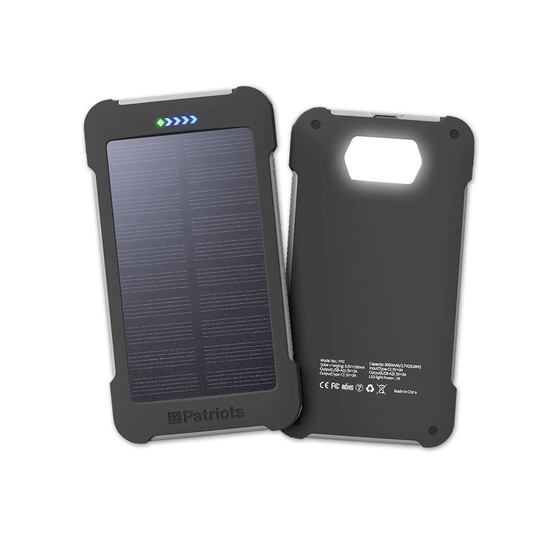
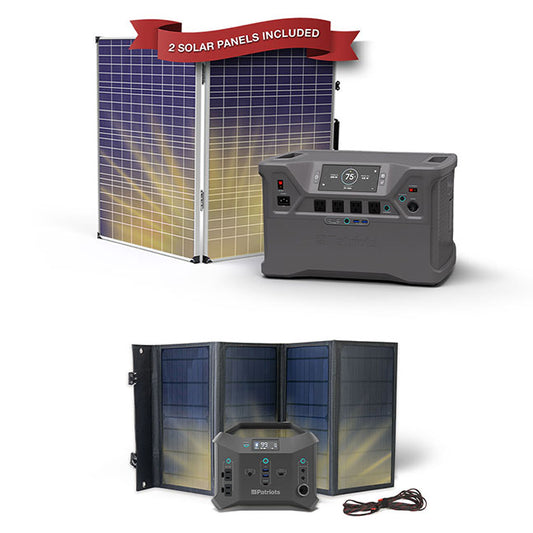

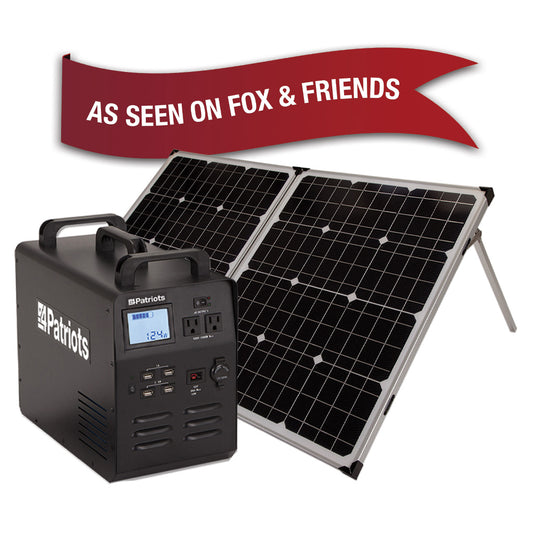
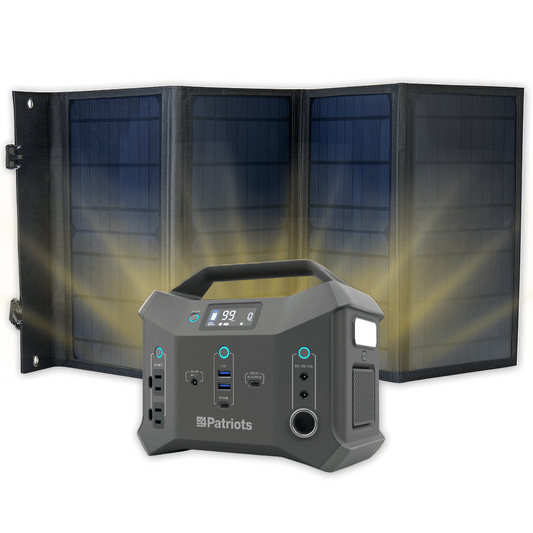
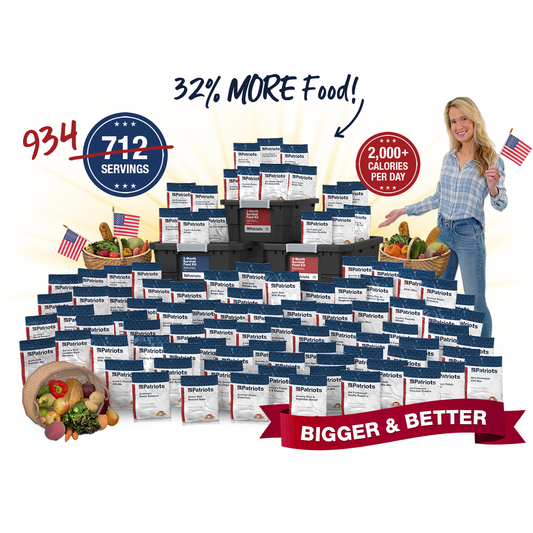


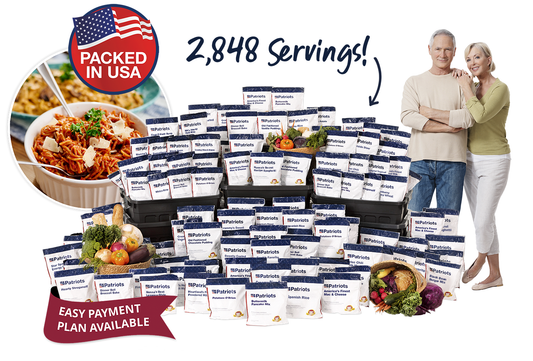

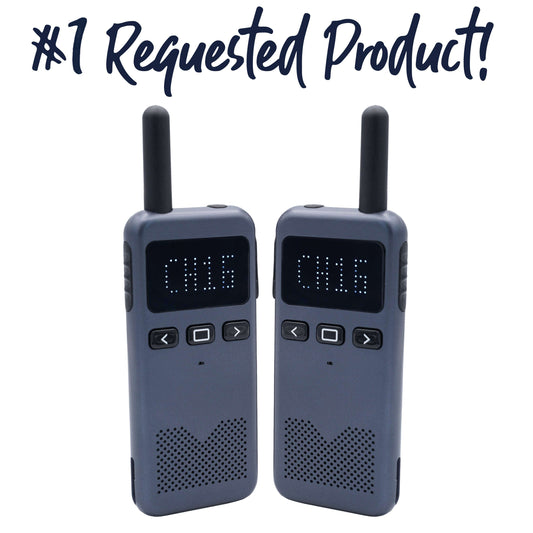

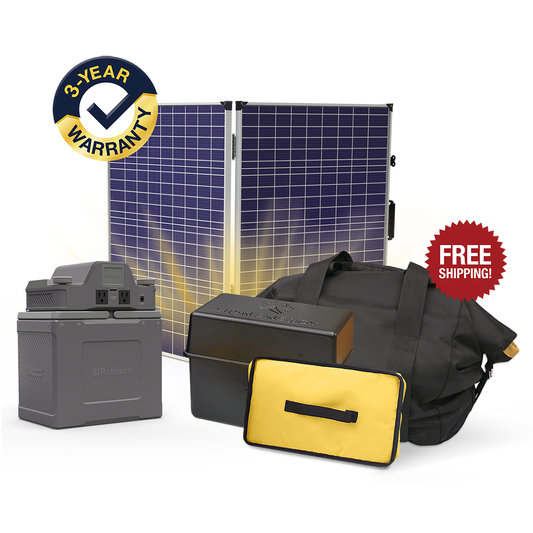

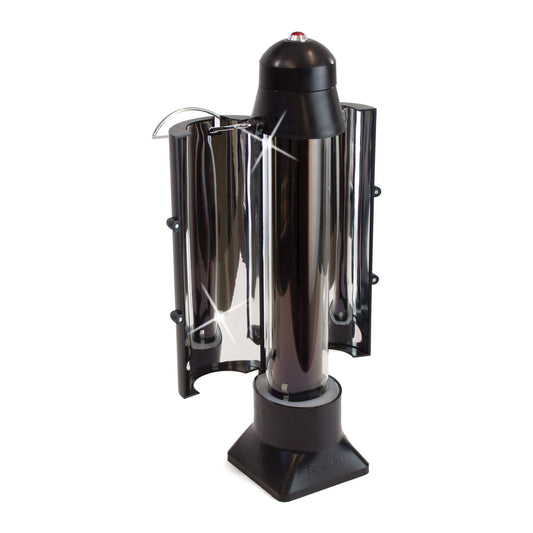
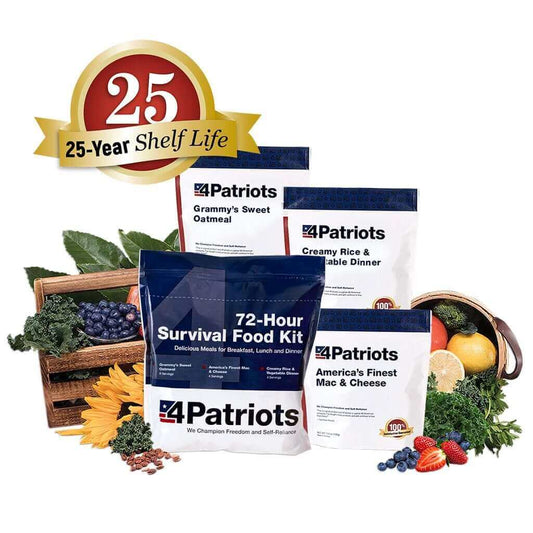
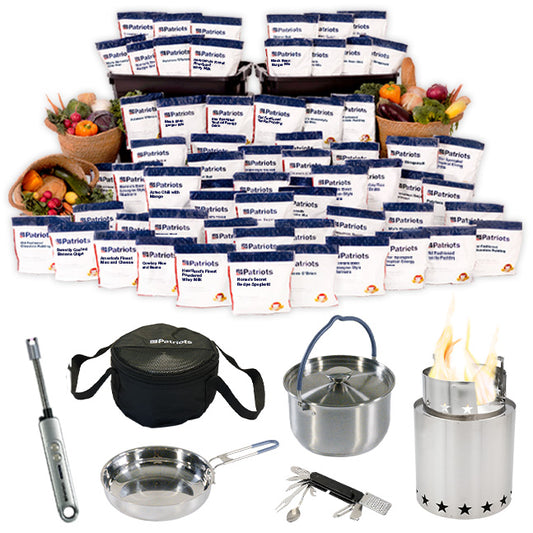
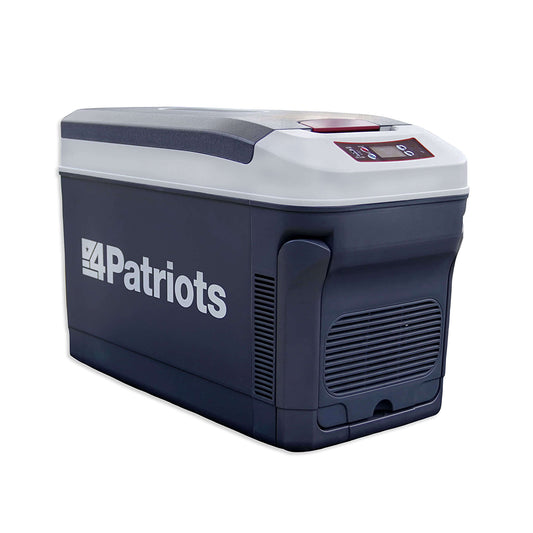
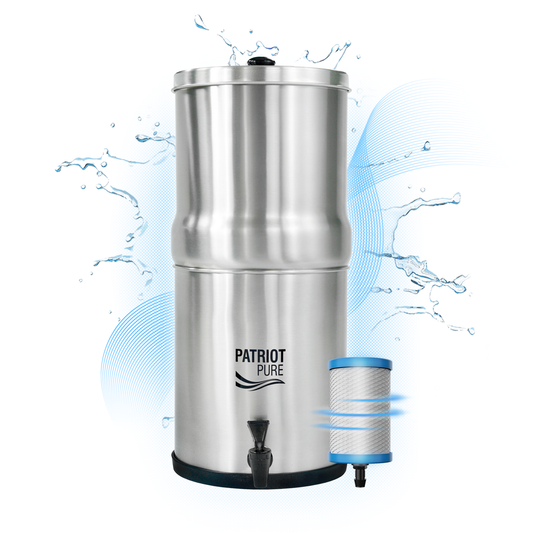
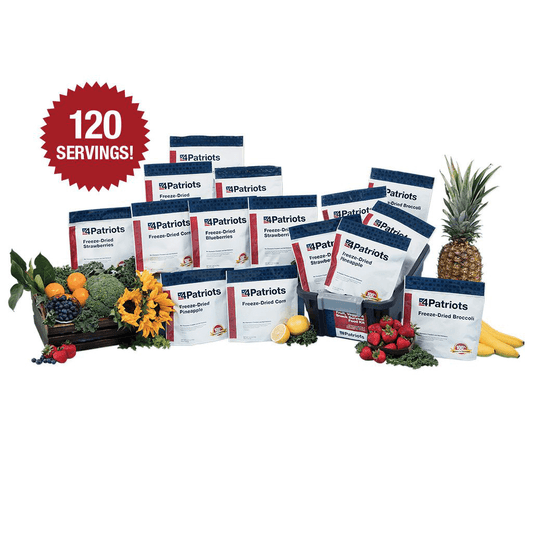
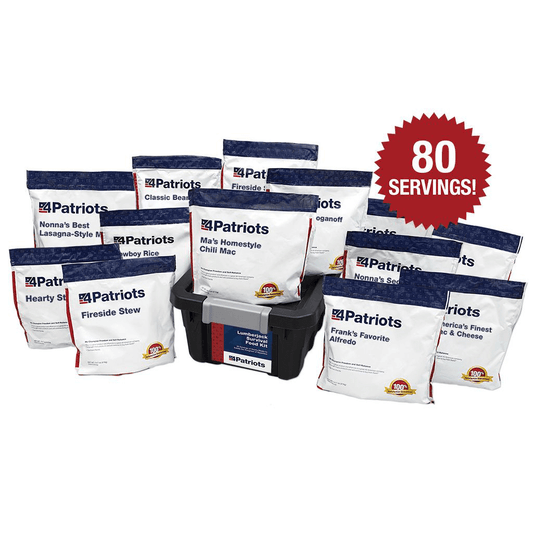


Comments
Linda Fixlet - May 12, 2021
I have purchased 17 months of survival food from you snd you service is perfect. Plus I have stored approximately a 12 supply of non perishable foods also . I have also purchased 3 water solar thermos .And as time goes on I will purchased more. Thank You.